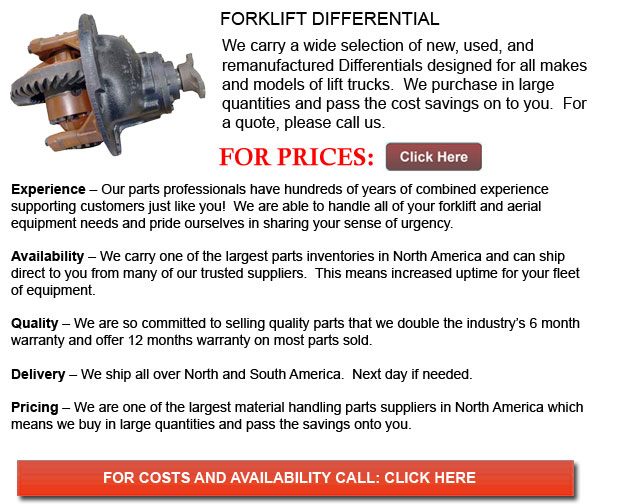
Forklift Differential - A mechanical machine capable of transmitting rotation and torque via three shafts is referred to as a differential. Every so often but not always the differential would use gears and would function in two ways: in vehicles, it receives one input and provides two outputs. The other way a differential functions is to put together two inputs to be able to produce an output that is the sum, average or difference of the inputs. In wheeled vehicles, the differential enables all tires to rotate at various speeds while supplying equal torque to all of them.
The differential is designed to power the wheels with equivalent torque while also enabling them to rotate at different speeds. If traveling around corners, the wheels of the automobiles will rotate at different speeds. Some vehicles like for example karts work without using a differential and use an axle in its place. When these vehicles are turning corners, both driving wheels are forced to rotate at the identical speed, typically on a common axle that is powered by a simple chain-drive apparatus. The inner wheel has to travel a shorter distance than the outer wheel when cornering. Without using a differential, the consequence is the outer wheel dragging and or the inner wheel spinning. This puts strain on drive train, resulting in unpredictable handling, difficult driving and damage to the tires and the roads.
The amount of traction required to be able to move the vehicle at whatever given moment is dependent on the load at that moment. How much drag or friction there is, the car's momentum, the gradient of the road and how heavy the automobile is are all contributing factors. Among the less desirable side effects of a conventional differential is that it can reduce grip under less than ideal circumstances.
The effect of torque being supplied to each and every wheel comes from the transmission, drive axles and engine making use of force against the resistance of that traction on a wheel. Normally, the drive train will provide as much torque as needed except if the load is very high. The limiting element is usually the traction under every wheel. Traction can be defined as the amount of torque which can be produced between the road exterior and the tire, before the wheel begins to slip. The car would be propelled in the planned direction if the torque utilized to the drive wheels does not go over the limit of traction. If the torque applied to each wheel does exceed the traction limit then the wheels will spin constantly.
![]() Click to Download the pdf
Click to Download the pdf
Forklift Parts
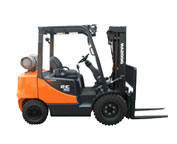
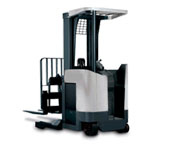
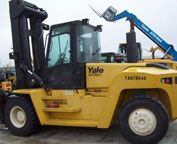
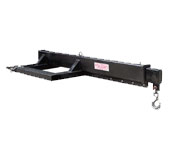
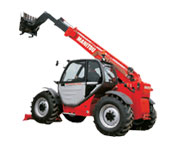
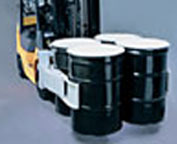
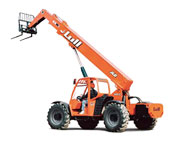
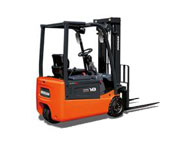
Lift Parts Express
TOLL FREE: 1-888-695-7994
LaPlace, Louisiana
forkliftpartslaplace.com
Email Us
About Us


